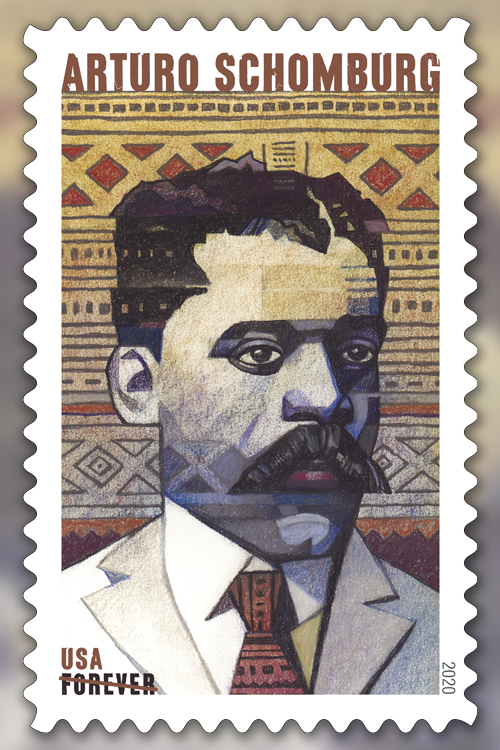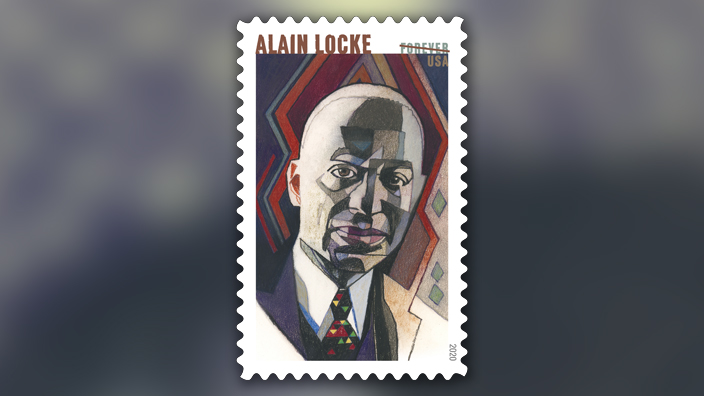Arturo Alfonso Schomburg, an avid collector of books and other works written by people of African descent, helped preserve priceless cultural knowledge.
Schomburg (1874-1938) is one of four African-American literary figures who’ll be featured on Voices of the Harlem Renaissance, a stamp pane that USPS will release this week to honor one of the great artistic and literary movements in American history.
Schomburg, who was born in Puerto Rico of African descent, moved to New York City in 1891 and worked various jobs while learning English at night. From 1906-1929, while working at a Wall Street firm, Schomburg, now known as “Arthur,” honed his passion as an archivist of black history.
In 1911, he co-founded the Negro Society for Historical Research, an organization that collected historical data about people of African descent as well as their written works and artwork. Within a year, Schomburg had collected hundreds of books, documents and artifacts.
His collection grew to include thousands of books, letters and historical documents, including a Revolutionary War document from the Marquis de Lafayette to an enslaved spy and the almanacs of surveyor Benjamin Banneker.
During the Harlem Renaissance, the 135th Street branch of the New York Public Library system became a meeting place for black writers, artists and intellectuals.
In 1926, the library acquired Schomburg’s collection, which consisted of more than 2,900 bound volumes and 1,000 pamphlets, letters and other works. The Arthur A. Schomburg Collection of Negro Literature and Art opened the following year.
After serving as curator of the black history collection at Fisk University in Tennessee, Schomburg returned to New York City in 1932. Until his death six years later, he served as curator of the New York Public Library collection that bore his name.
Today, the renamed Schomburg Center for Research in Black Culture consists of three buildings in Harlem that hold more than 10 million items.
The center, still part of the New York Public Library system, has also been named a national historic landmark.
This is the third of four profiles of the African American literary figures who’ll be featured on the Voices of the Harlem Renaissance stamps. Tomorrow: Anne Spencer.


